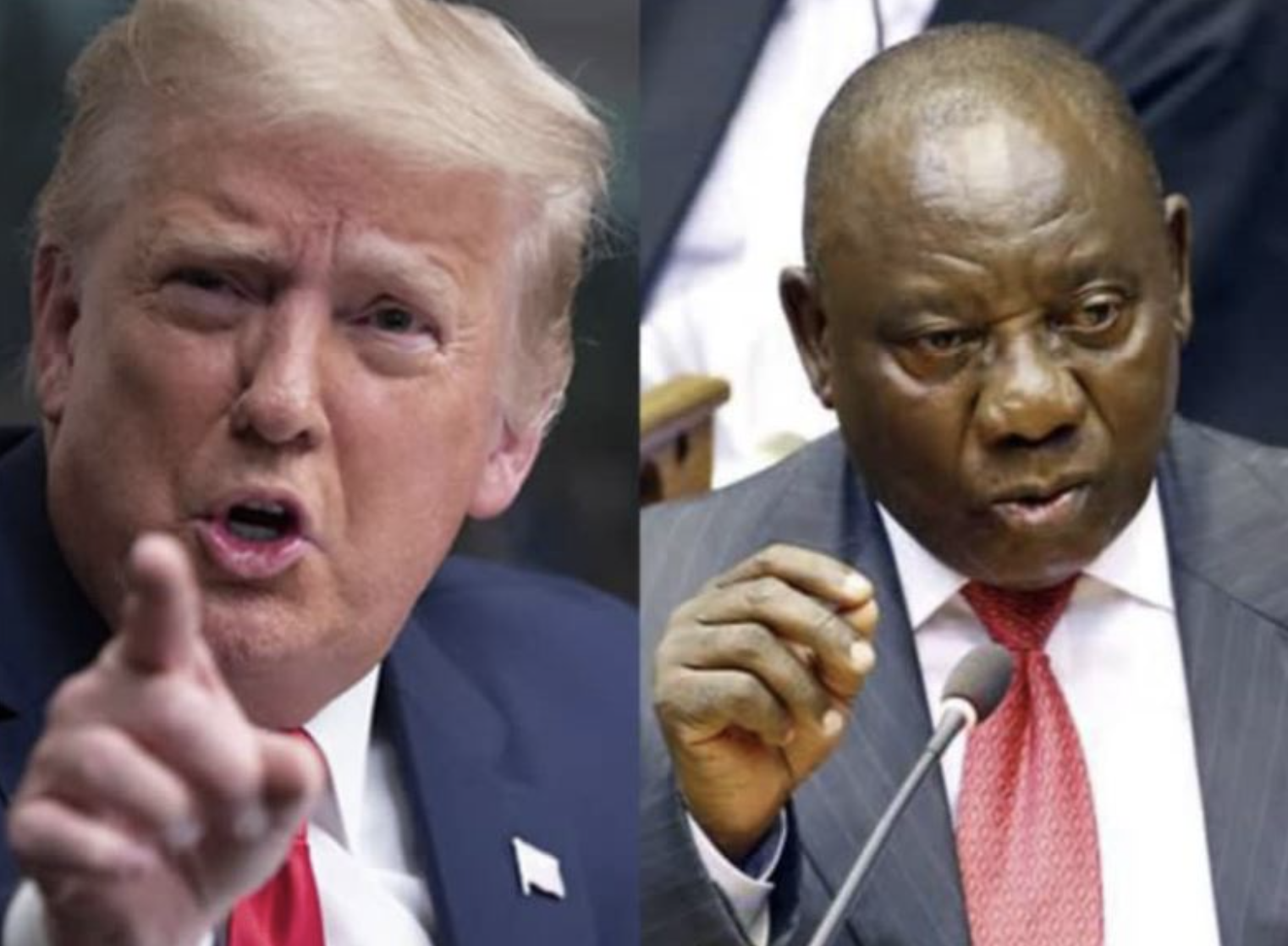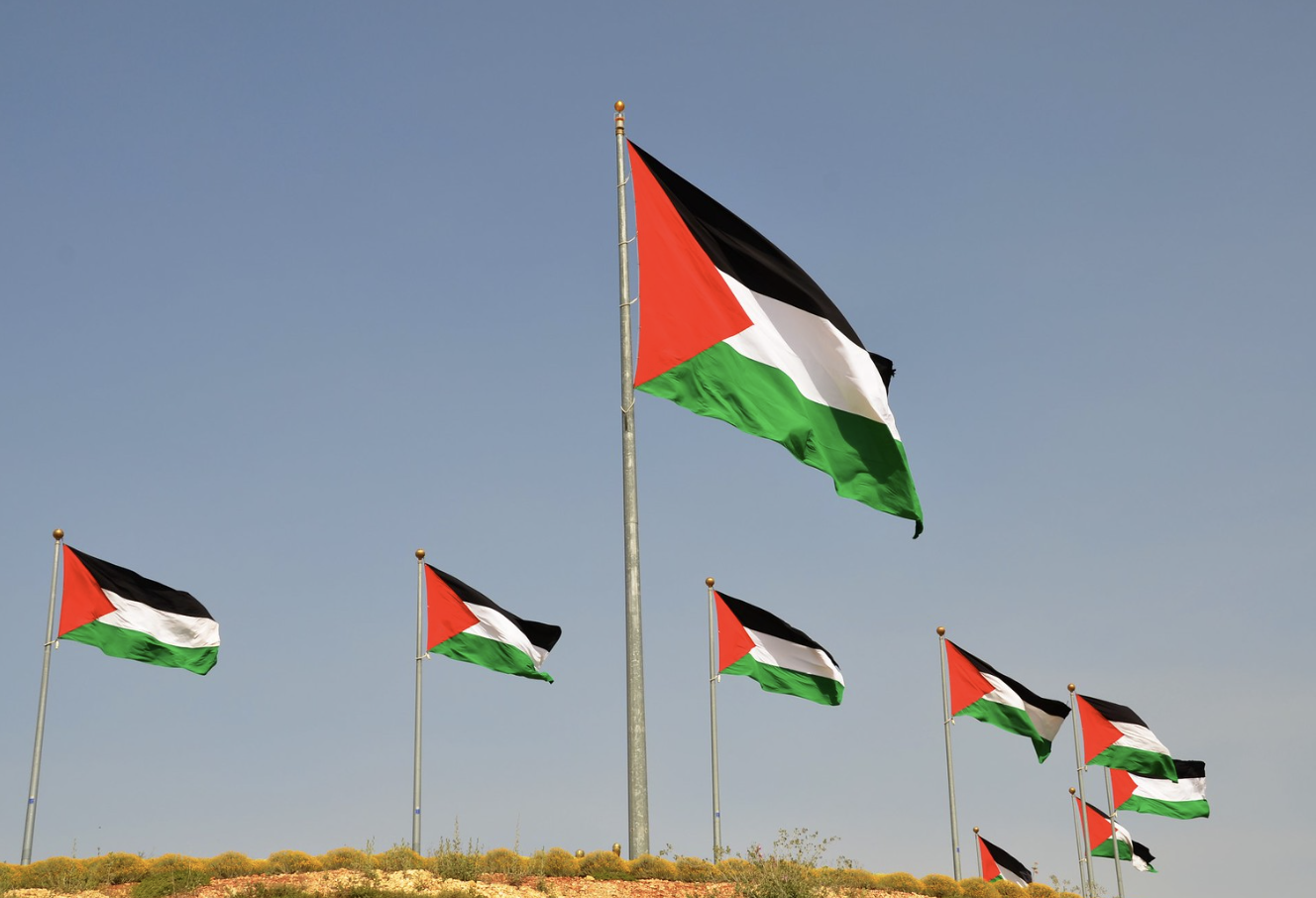News
How to Dodge Incoming: Three Scenarios in US-SA Relations
On 11 February, four days after President Donald Trump’s Executive Order suspending aid to South Africa on account of its claimed mistreatment of white farmers and Pretoria’s foreign policy, he received a letter from four US congressmen.

Research Director, The Brenthurst Foundation

Director, The Brenthurst Foundation

The letter from Andrew Ogles, Tom Tiffany, Joe Wilson, and Jon Bacon asserts that an “ethnonationalist gangster regime in Pretoria” is “working to be the undisputed successor to Mao’s destructive land reform policies” and has not only “failed to demonstrate a consistent fidelity to the rule of law” but has displayed “continued insistence on undermining American security and foreign policy interests” from supporting Hamas to attacking Israel and US ally Taiwan.
As a consequence, the authors request the President to “revoke South Africa’s preference benefits under the African Growth and Opportunity Act (AGOA)” and suggest that Trump also “consider suspending diplomatic ties unless that [South African] government is prepared to engage constructively with our own”.
The battle lines have been drawn. The ball is now firmly in the ANC (and not the Government of National Unity’s) court as to which direction South Africa will head.
The costs of a further deterioration in relations are potentially devastating in terms of trade and investment, not only for now but in the future. The US is South Africa’s second-largest export market, where South African exports nearly three times more than it imports in a $21 billion annual exchange. Unlike China, South Africa’s largest trade partner with $29 billion in two-way trade in 2024, where South Africa exports mainly minerals (half of the volume is gold) and agricultural productsand imports largely manufactured products, the US market attracts greater diversity, including vehicle exports from this country. There are 600 American companies operating in South Africa, employing 150,000 South Africans.
Flurry
This cost is recognised at least by Pretoria, hence the flurry about dispatching delegations to patch things up, though this hardly goes far enough given the ANC’s preference to focus on only one half of the complaint – land – and not the other half in foreign policy.
And President Trump, who has so far likely displayed an enthusiasm for using trade access as a stick to beat what he perceives as recalcitrant regimes, will have little compunction in bashing an apparently bolshy South Africa. As the Congressmen’s letter concludes: “South Africa is simply not deserving of duty-free access to the American market. After four years of a government that emboldened our enemies, Americans are thrilled to have a President willing to punish our enemies and promote our national interest.”
The ANC – which has deliberately sought to remain in charge of foreign policy in the GNU – must choose between two very different responses to Trump. And there may be third option in the present scenario:
The Visceral Double-Down: In this scenario, the ANC stubbornly hardens itself rhetorically to American pressure. The Mining Minister, Gwede Mantashe, has already gone down this road, stating that South Africa may seek nuclear co-operation with Iran. While this might have an audience among some members of the BRICS (but certainly not all, not least India), this will ultimately only create more economic pain for South Africa and, in so doing, fuel anti-ANC sentiment at home. While South Africa can attempt to “fight back” by building a common cause with Europe, including around the G20 (though not Ukraine, since it is more with Trump on that one, ironically), despite ANC obduracy in concentrating entirely on the white farmer issue in response to Trump, it would not be able to avoid the reality that the overall direction of its radical foreign policy stance is the principal sticking point in its relationship with Washington. Whatever happens regarding expropriation without compensation, and no matter how many khaki Afrikaners say they want to stay, this is not going to go away.
The Israeli lobby, especially AIPAC, will make certain of that even if the Trump administration forgets. It doesn’t really matter if what Trump has been briefed on is 100% accurate. What matters is he believes what he believes and is taking action. And if this carries on, this could lead to personal sanctions against ANC members as a further option, certainly a preferable one in the circumstances given its will potentially allow the economic damage to be ring-fenced.
Swallow Hard, Take the Knee: In this second, softer scenario, Pretoria follows the line of Mexico and Canada (much larger economies than South Africa) and quickly (since speed is of the essence, hardly something for which Pretoria is famous) and bows to US pressure, preventing in the process the termination of AGOA and possible further sanctions. Such a reset, could include backtracking on the ICJ case, replacing South Africa’s ambassador to Washington who has, despite his past history of moderacy, been linked through his statements on South Africa’s foreign policy radicalism, and lowering overall the anti-US tone.
It could also invite Israel to resume diplomatic relations, something it promised it would do if there was a ceasefire and negotiations, both of which are underway. This could be achieved by using the good offices of wealthy and influential South Africa businessmen with contacts at Mar-a-Lago.

A Cerebral Out, A Third Way: This would require a collective leadership initiative with partners in the GNU. The best way to signal this is in the composition not only of delegations to Washington, but in Foreign Affairs itself. If you prioritise Foreign Affairs, make a DA nominee Foreign Minister, or Ambassador in Washington, a strong signal would be sent. Style will help, but not be enough. South Africa would have to swallow pride on Israel, stop the demand of the Taiwanese office to move from Pretoria, and wind its commercial neck in on Iran. Further substance of this shift could be a compromise around the foregoing of a BEE requirement on Starlink for South Africa, or tidying up the bloated and confusing assemblage of laws and regulations developed since 1996 beginning with the Employment Equity Act.
If Trump’s executive order enables a legislative spring-clean he would have been doing all South Africans a service – apart from those, of course, with rentier roles and ambitions. And most would be able to claim a victory.
Failing such dramatic action, at some point the DA and IFP, among other GNU partners, will have little choice but to stop closing ranks with the ANC and let it drown on this issue, otherwise they will go down with that ship. To act as a possible intermediary, they would have to also pull their act together, be tough and maximize gains.
A case of nice guys abroad, but no more nice guys at home.
This article originally appeared on the Daily Friend

